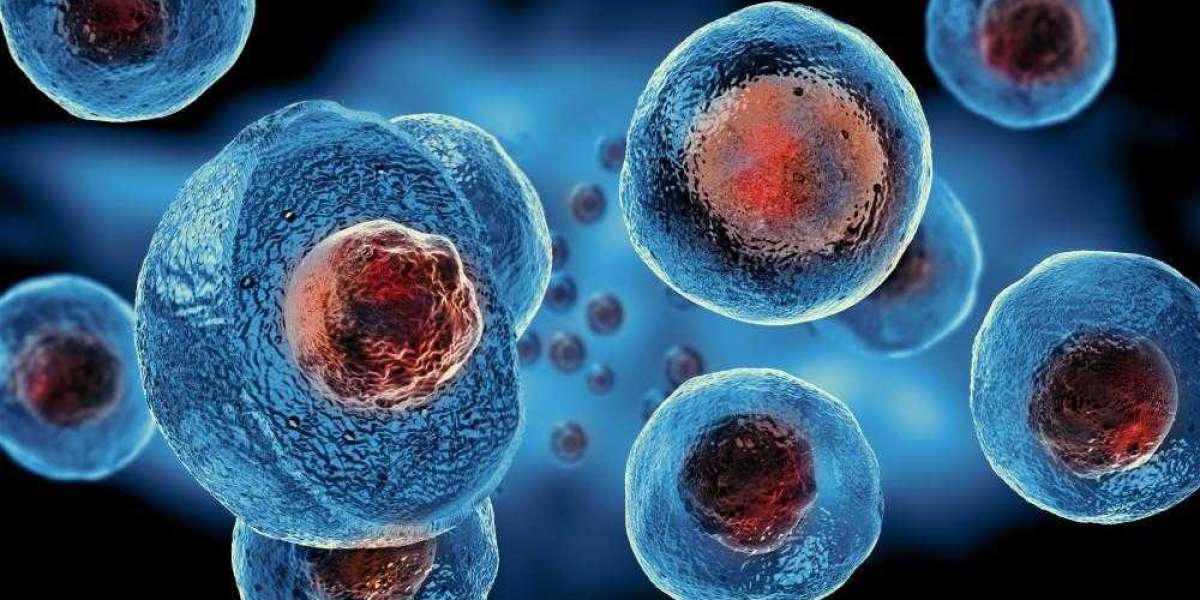As the demand for regenerative medicine grows, more people are asking: Is stem cell therapy right for me? The answer depends on several health, lifestyle, and condition-specific factors. In Singapore, clinics follow strict guidelines to determine who is best suited for this innovative treatment.
This article explores who makes an ideal candidate for stem cell therapy in Singapore—covering eligible conditions, key health requirements, and what patients can expect during consultation and treatment.
What Is Stem Cell Therapy?
Stem cell therapy uses the body’s natural healing mechanisms to repair damaged tissues, reduce inflammation, and regenerate cellular function. In Singapore, most treatments use mesenchymal stem cells (MSCs) sourced ethically and processed in clinical-grade labs.
These therapies can be delivered via:
Direct injection (e.g., into knees, shoulders)
IV infusion for systemic health
Targeted treatments for skin, hair, organs, and immune regulation
General Criteria: Are You a Good Candidate?
Stem cell therapy may be suitable for you if:
You suffer from a chronic degenerative or inflammatory condition
You want to avoid or delay invasive surgery
You prefer non-pharmaceutical, natural solutions
You are in generally good health with stable vitals
You are not pregnant or breastfeeding
You do not have active cancer or recent history of malignancy
Conditions That Qualify for Stem Cell Therapy
Singapore offers advanced stem cell therapy for all conditions including
✅ Joint and Musculoskeletal Issues
Osteoarthritis (knees, hips, shoulders)
Sports injuries
Cartilage degeneration
Lower back pain and herniated discs
✅ Autoimmune and Inflammatory Disorders
Rheumatoid arthritis
Psoriasis
Lupus
Inflammatory bowel disease (IBD)
✅ Neurological Conditions
Parkinson’s disease
Multiple sclerosis (MS)
Stroke rehabilitation
✅ Aesthetic and Anti-aging
Skin rejuvenation
Hair loss (androgenic alopecia)
Immune and energy support
✅ Metabolic and Organ Dysfunction
Early-stage kidney disease
Type 2 diabetes
Cardiovascular inflammation
These therapies offer non-surgical, cell-based regeneration for patients seeking long-term wellness, not just symptom management.
Who Should NOT Get Stem Cell Therapy?
Stem cell therapy may not be suitable if you:
Have active or recent cancer
Are pregnant or breastfeeding
Have uncontrolled infections
Have severe organ failure (end-stage)
Are taking immunosuppressants not approved by your doctor
Have blood disorders or clotting issues
A comprehensive pre-treatment evaluation is done to rule out contraindications and ensure patient safety.
How Do Clinics Assess Eligibility?
At a trusted stem cell treatment center in Singapore, the process usually includes:
1. Medical History Review
Doctors assess previous surgeries, medications, and existing diagnoses.
2. Diagnostic Imaging
MRI, ultrasound, or X-rays may be ordered to evaluate the damage.
3. Blood Work Biomarkers
Lab tests help rule out conditions that could affect results or safety.
4. Physical Examination
This helps tailor the treatment plan to your unique case and condition severity.
5. Discussion of Goals
Clinics ensure you have realistic expectations and understand the process.
What Age Is Best for Stem Cell Therapy?
There is no strict age limit, but candidates between 30 to 75 years tend to respond best—especially those in good overall health but dealing with specific pain, inflammation, or age-related conditions.
Older patients may still benefit depending on the target condition and their baseline health status.
What Results Can Ideal Candidates Expect?
Patients who meet the eligibility criteria often experience:
Reduced joint and muscle pain
Improved mobility and flexibility
Faster healing from injury
Reduced inflammation
Enhanced energy and wellness
Delay or avoidance of joint replacement surgery
Improvements can start within a few weeks, but most results are visible over 2–6 months post-treatment.
Choosing the Right Provider
To get the best results, it’s essential to choose the best stem cell therapy clinic in Singapore—one that offers:
MOH-compliant treatments
Clinical-grade stem cell sourcing
Proven protocols and follow-up support
Specialists in regenerative and cellular medicine
Transparent pricing and expectations
You can start with a consultation at a trusted stem cell treatment center in Singapore to confirm whether you are a suitable candidate.
Why Personalized Evaluation Is Key
No two patients are the same. While this guide outlines common criteria, only a licensed regenerative medicine provider can determine whether stem cell therapy is appropriate for your specific case.
During your personalized assessment, your doctor will look at:
Condition severity
Risk-benefit profile
Co-morbidities
Treatment goals
Lifestyle and recovery commitment
Final Thoughts: Are You Ready?
If you’re seeking non-invasive, advanced treatment options for chronic conditions, and you meet the general eligibility requirements, stem cell therapy may be a safe and effective path forward.






